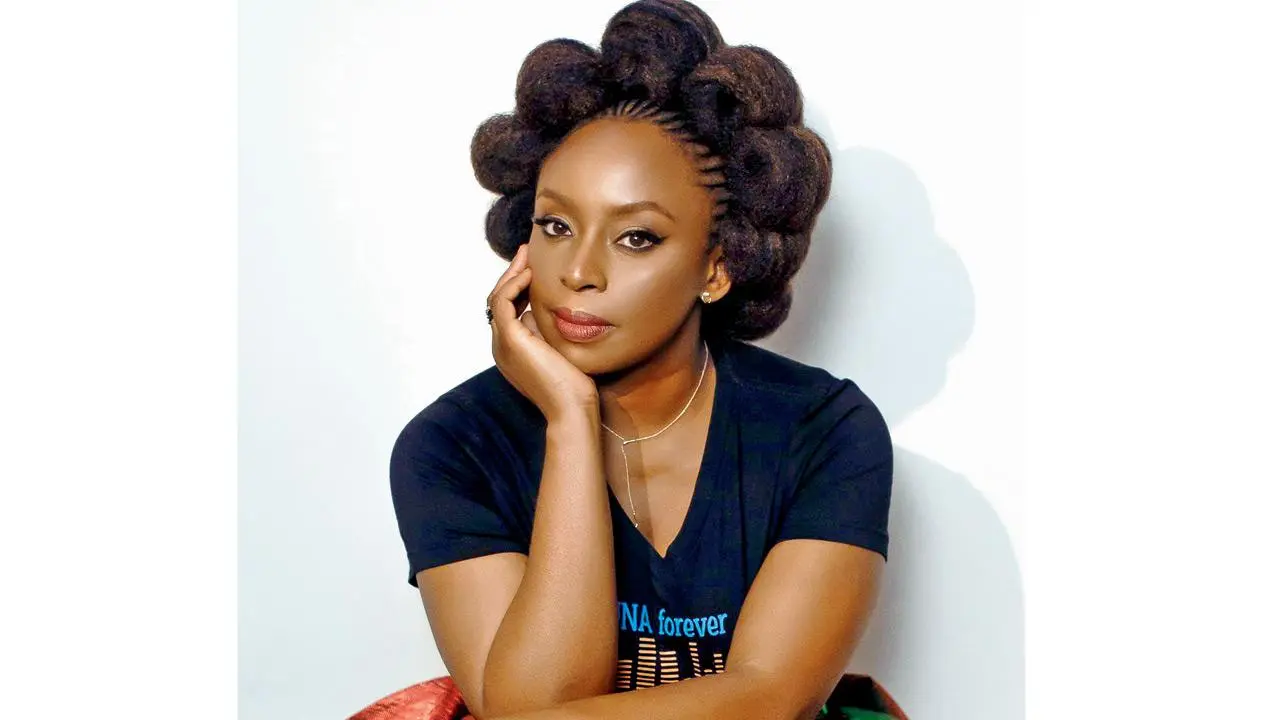Adichie sets her novel in the time of the COVID-19 pandemic. Although not all of it takes place during this time, it helps establish an underlying mood of uncertainty in the lives of each of these characters

Pic courtesy/www.chimamanda.com
Title: Dream Count
Author: Chimamanda Ngozi Adichie
Genre: Modern and contemporary fiction
Publisher: Harpercollins
Cost: Rs 599
Nigerian writer Chimamanda Ngozi Adichie writes about love and human frailties in her new novel Dream Count (4th Estate, HarperCollins). Her signature style of multivocal narratives brings us stories about four women whose lives are interlinked. She begins and ends the novel with sections dedicated to Chiamaka, a Nigerian woman who lives in Maryland, comes from wealth, and is in search of love. The other women, Omelogor (her cousin from Abuja), Zikora (her lawyer friend from Washington DC), and Kadiatou (a Guinean asylum seeker and Chiamaka’s housekeeper), come to know each other through Chiamaka and live lives on different spectrums.
Adichie sets her novel in the time of the COVID-19 pandemic. Although not all of it takes place during this time, it helps establish an underlying mood of uncertainty in the lives of each of these characters. The women in the book straddle various romantic and familial relationships. Some choices take them away from who they are; some are unusual but necessary for them to find themselves; some are snatched away from them. Adichie’s women are not perfect. They are complex and yearn for things that keep slipping away from them — a desire to be “truly known by another human being” in Chia’s case, or a desire to work in Kadiatou’s case.
The most heartbreaking narrative in the novel is Kadiatou’s story of loss and violence. Through it, Adichie asks her readers what righteousness can do. She nudges us to think if justice can look different to us as outsiders than it does to the one in pain? She is conscious while writing class and power. This is most noticeable in Kadiatou’s section, though these are also present in the others. Each section of the novel can be read as a novella on its own, but that would silence the hum of the bond shared by the four women echoing underneath the individual stories.
Adichie is also a master of bringing contradictions under one roof. She often opens conversations about identities in her novels over a dinner, a party, a meeting — a gathering with multiple people to bring out differing views. She uses this tool to sometimes mock some of them, and sometimes to simply show plurality. This book is a sharp comeback from Adichie into the world of fiction.
Available At: All leading bookstores and e-stores
 Subscribe today by clicking the link and stay updated with the latest news!" Click here!
Subscribe today by clicking the link and stay updated with the latest news!" Click here!








